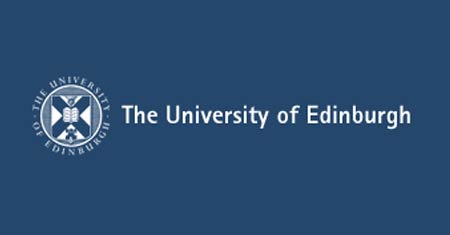
The aforesaid toxin comprises nearly 95% of Staphylococcus aureus bacteria and inclusive of MRSA strains which are associated with hospital acquired infections. When this toxin is released, it apparently spurs over-expansion of cells which could lead to conditions like high fever, toxic shock and possibly lethal lung infections too. This toxin apparently causes the immune system to go in a state of overdrive and harm healthy cells.
Dr Ross Fitzgerald from the University’s Roslin Institute remarked, “If we can find ways to target this toxin, we can stop it from triggering an over-reaction of the body’s immune system and prevent severe infections.”
The researchers therefore aimed to attack this toxin and thereby inhibit impairment of healthy cells. A certain MRSA strain namely USA300 was observed in this research that can potentially cause infections in individuals who are otherwise healthy.
MRSA strains are known to expel many toxins but SEIX is the one that is produced by nearly all superbug strains. SEIX comes from a family of toxins known as superantigens that seemingly instigate an acute immune reaction.
The analysis is published in the journal, PLoS Pathogens.
